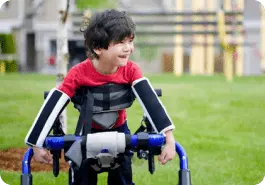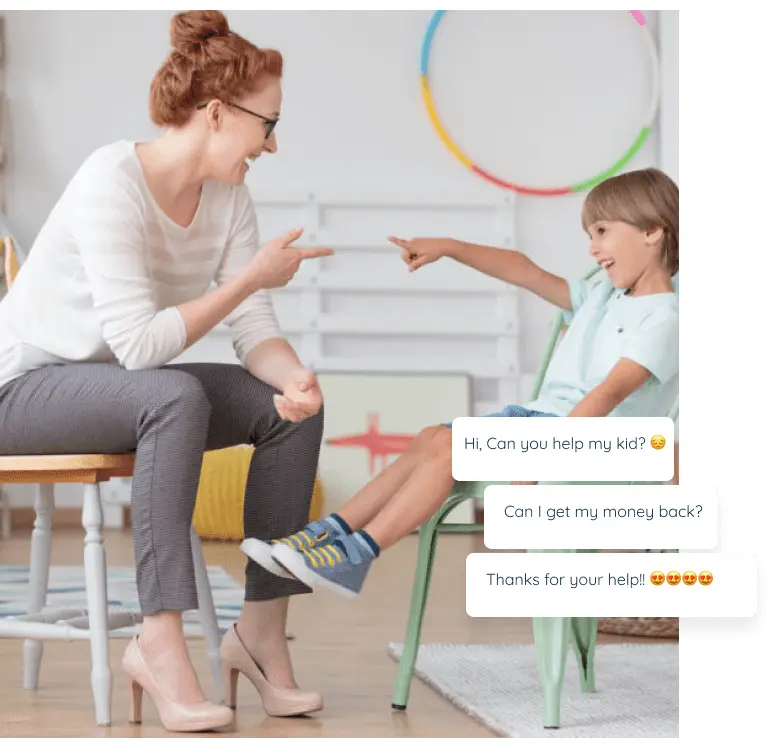Pediatric Therapy Associates is a kids focused therapy place. We are a multi-disciplinary group with the singular focus of developing your child to the fullest.



























Pediatric Therapy Associates is a kids focused therapy place.
ILS is a multi-sensory program for improving brain function. Based on clinically proven outcomes, ILS programs strengthen existing pathways and create new neural connections/pathways in the brain (“neuroplasticity”). ILS has a global effect on the brain and central nervous system, influencing the following systems: balance, visual, auditory, motor, coordination, behavior and emotional regulation.
We utilize the SOS (Sequential Oral Sensory) feeding program when appropriate. This is a non-invasive developmental approach to feeding. The program focuses on increasing a child’s comfort level by exploring and learning about different properties of foods, including texture, smell, taste, and consistency. The SOS approach allows a child to interact with food in a playful, non-stressful way.
Sensory integration is the brain’s ability to take in, process, and organize sensory information that we perceive through different sensory systems in our bodies. Through our senses, we develop an understanding of our world, and often times, this occurs without us even being aware. Our sensory systems working together allow us to do activities successfully. If a child has sensory integration dysfunction, it is not likely that he or she will “grow out of it”. Sensory integration dysfunction can be considered a hidden problem because it is not as noticeable as physical impairments or speech delays (PTN, 2004). When a problem is difficult to see or understand, parents and children may begin to blame themselves which can result in family tension, poor self-esteem and a general feeling of hopelessness. Interventions based on Sensory Integration Therapy is child-directed , sensory experiences are enhanced through meaningful play.
Handwriting fluency is fundamental to learning. Good handwriting promotes strong skills and academic success in other subjects. Handwriting Without Tears is a developmental approach to handwriting that aims at making legible and fluent handwriting an easy and automatic skill that students can master. More info http://www.hwtears.com/hwt/parents
The Interactive Metronome (IM) is a research-based training program that helps children and adults overcome attention, memory, and coordination limitations. IM works for people of all ages who have a variety of conditions affecting their cognitive and physical abilities. A growing body of literature describes neural timing deficits in ADHD, Dyslexia, Autism, Reading Disorders, Auditory Processing Disorder, Parkinson’s, and other conditions. Traumatic Brain Injury or Stroke may also disrupt timing in the brain. By addressing timing in the brain with Interactive Metronome (IM) alongside functional therapy interventions we address the core of the problem to achieve better overall treatment outcomes. More information at https://www.interactivemetronome.com/index.php/